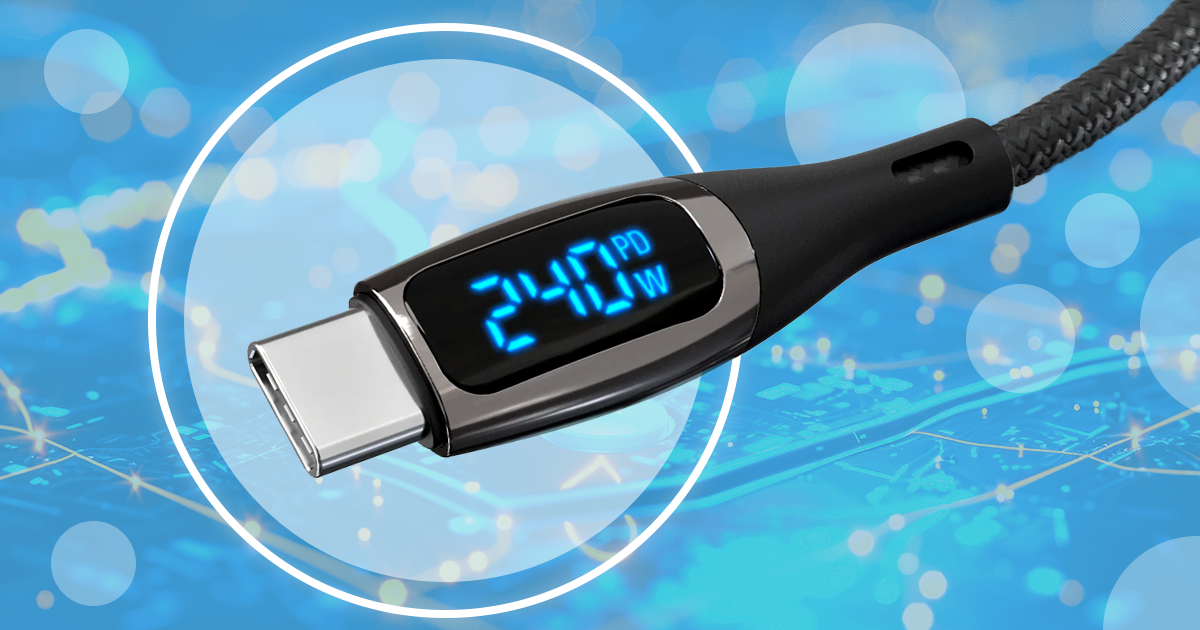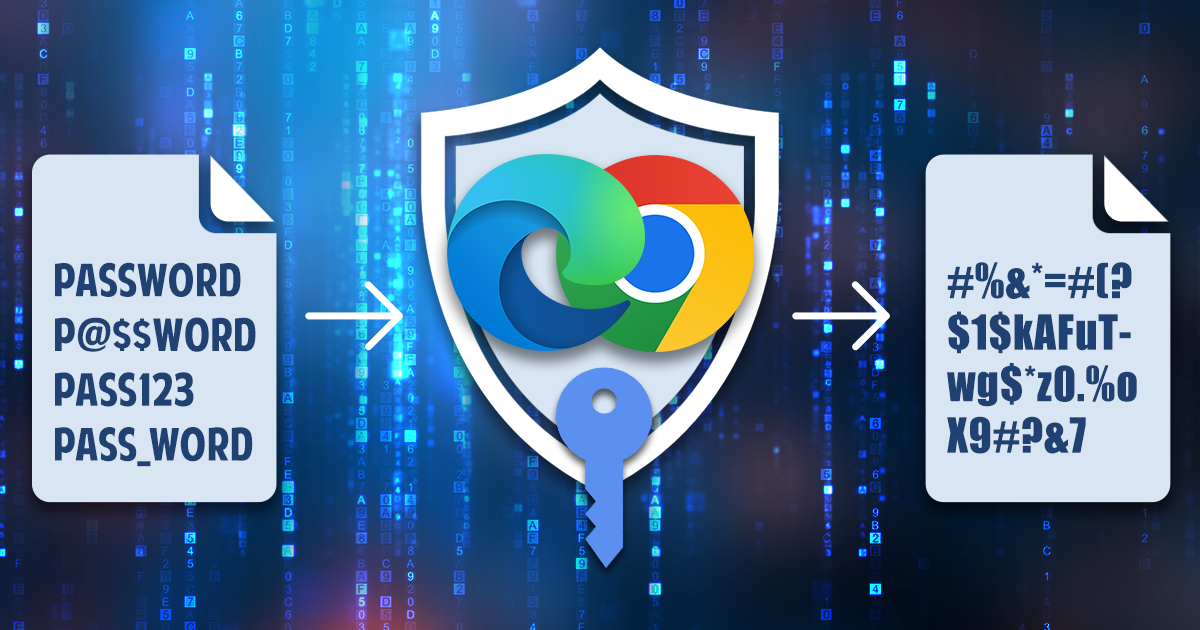Synology DSM 7.2 introduced a highly anticipated feature: volume-level encryption. This data protection mechanism works faster and has less limitations than shared folder encryption, which was the only encryption option supported in prior DSM releases. However, upon investigation, we determined that the implementation of the encryption key management mechanism for full-volume encryption fails to meet the expected standards of security for encrypted data for many users.
More than a year ago, we started researching the available encryption options in off the shelf network attached storage devices. We started with Synology devices, followed by Asustor, TerraMaster, Thecus, and finally Qnap. The manufacturers exhibit vastly different approaches to data protection, with different limitations, security implications and vulnerabilities. Today we are publishing the aggregate results of our analysis.
Home users and small offices are served by two major manufacturers of network attached storage devices (NAS): QNAP and Synology, with Western Digital being a distant third. All Qnap and Synology network attached storage models are advertised with support for hardware-accelerated AES encryption. Encrypted NAS devices can be a real roadblock on the way of forensic investigations. In this article, we’ll review the common encryption scenarios used in home and small office models of network attached storage devices made by Synology. (more…)


